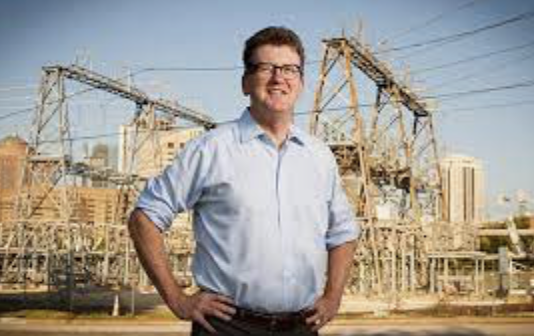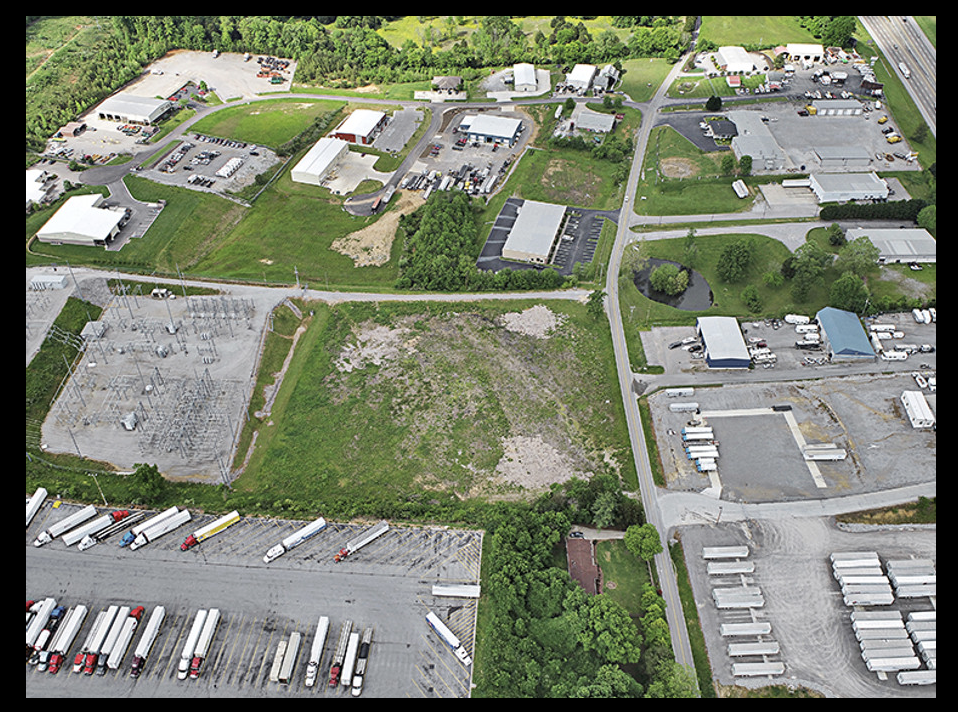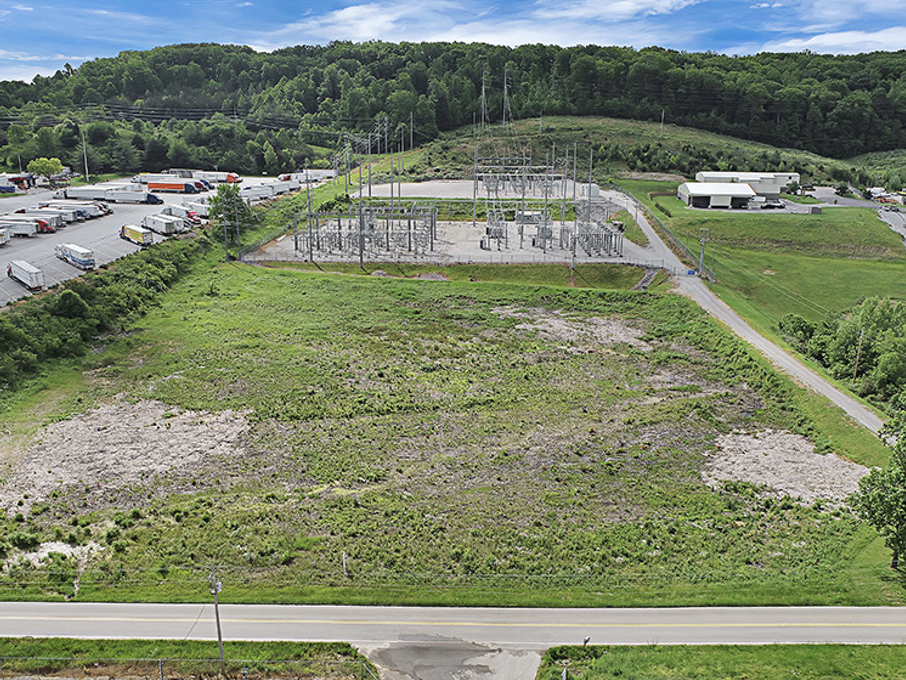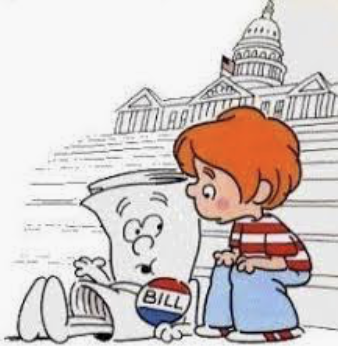HB 2005 was approved by the Missouri House and passed to the Senate, where a committee hearing will be held today. Right on cue, Invenergy, its special interest groups and biased media step right up to spin a web of lies about the legislation designed to prevent its passage.
What is HB 2005? In the interest of truth, perhaps you should actually READ it to find out what it does and what it does not do. You cannot rely on the media, who replaces actual quotes from the bill's language with alarmist rhetoric.
The actual bill does these things:
- Defines "public service" to mean providing at least 50% of its capacity to serve Missourians.
- Requires county commission approval of certificates to construct.
- Requires transmission to provide at least 50% of its load to Missourians in order to use eminent domain.
- Must compensate agricultural landowner at 150% of fair market value when using eminent domain.
- Requires condemning commission to include at least one person who has been farming in the same county for at least 10 years.
- If amount awarded in condemnation is greater than offer, court may award attorney's fees to property owner.
- "Pull the plug" or place "roadblocks" on GBE.
- Hamper Invenergy from pursuing condemnation.
- Unconstitutionally and retroactively kill GBE.
- Legislation is "short-sighted."
- Gives unfair advantage to fossil fuels.
And speaking of screechy rhetoric, let's look at some of the over-the-top claims and objections by Invenergy and its special interest supporters.
Invenergy spokesman Patrick Whitty slammed the House bill, calling it “an astonishing move in the wrong direction” at a time when global energy is in a security crisis.
“Among its many other impacts, the bill would unconstitutionally and retroactively kill Missouri’s largest energy infrastructure project, the Grain Belt Express, a project essential to American energy security that will connect millions of consumers to domestically produced, affordable, and reliable clean energy,” Whitty said. “The energy from the Grain Belt Express is the equivalent of 15 million barrels of oil annually, produced and delivered right here in the Midwest.”
And look... there's the predictable "unconstitutional" claim. This is so completely dog eared and worn that it actually dates back to Clean Line Energy Partners. Constitutionality can only be determined by a court. Invenergy, its supporters, the media, and even the Missouri legislature are not a court. Their claims of unconstitutionality are nothing more than one-sided opinion. It is the legislature's job to make laws. It is the court's job to interpret them. No court has ever deemed this legislation unconstitutional, therefore it is constitutional until a court says it is not. If legislators are so scared of "unconstitutionality" that they fail to make new laws, then what's to prevent every special interest lobbyist from claiming a law it doesn't like is unconstitutional? See how that works? Claims of unconstitutionality by special interests should be ignored by the legislature while it goes about doing the people's work.
The Missouri Supreme Court earlier ruled that Grain Belt be granted public utility status because the $2.3 billion project is in the public interest.
The project also has garnered the support of Sen. Bill White, R-Joplin, who says it will invest millions of dollars in the state’s rural areas, boost the local energy supply and help ensure energy independence.
White said Monday he had not yet reviewed the latest House bill, which moved out of the House last week on a 102-41 vote. But, he said retroactively targeting the company after it has already started buying land would be unconstitutional.
Labor unions, environmental groups and the Missouri Association of Municipal Utilities oppose the changes.
Jake Hummel, a former state senator from St. Louis who now oversees the Missouri AFL-CIO, said the project will create jobs as it crosses the property of 570 landowners in eight northern counties.
“The quest for American-made energy, while creating 1,500 Missouri jobs, is an opportunity our state cannot afford to pass up,” Hummel said.
Michael Berg of the Sierra Club’s Missouri chapter said the legislation is short-sighted in a time when energy production is evolving.
“More legal barriers for wind energy transmission give an unfair advantage to the highly polluting fossil fuel industry,” Berg told members of the House Judiciary Committee.
In addition, Berg said more than a dozen communities have signed up to purchase power from the line, including Kirkwood, Columbia, Hannibal and Farmington.
“The power delivered along this line is expected to save dozens of rural Missouri communities more than $12 million annually,” Berg said.
As an added benefit, Invenergy says it will use the power lines to also offer broadband service that could bring improved internet to over one million rural Missourians, including 250,000 within 50 miles of the transmission line.
As far as the Sierra Club goes... there is no such thing as "wind energy transmission." Electrons are not color coded and electrons from all sources are mixed together on transmission lines. There is nothing preventing GBE from carrying electricity from any source and in fact it must offer its project to any generator who will pay its price.
About those dozen communities? There are 955 municipalities in Missouri. A dozen is not 50%. As well, the $12M savings is completely out of date and was based on municipal contracts that have since expired. Since the municipalities have replaced the very expensive Prairie State contract that expired last year with something cheaper, there is no longer any legitimacy whatsoever to the $12M figure. It may be less, it may be more. In fact, GBE may actually be MORE EXPENSIVE than current contracts. Of course, nobody knows because GBE and the municipalities refuse to do the math. What are they hiding?
Broadband? Does Missouri even need this? And where is the guarantee that it must be provided as a condition of building the line? Who will pay for the last mile of line? Can Missouri even afford to finish this? And what about newer sources for internet service, such as satellite internet? Might that end up being cheaper? Why pour money into antiquated technology like broadband and overhead transmission on lattice towers? Invenergy isn't in the broadband business, but it is in the business of making empty promises to Missouri.
Buyer beware.







 RSS Feed
RSS Feed